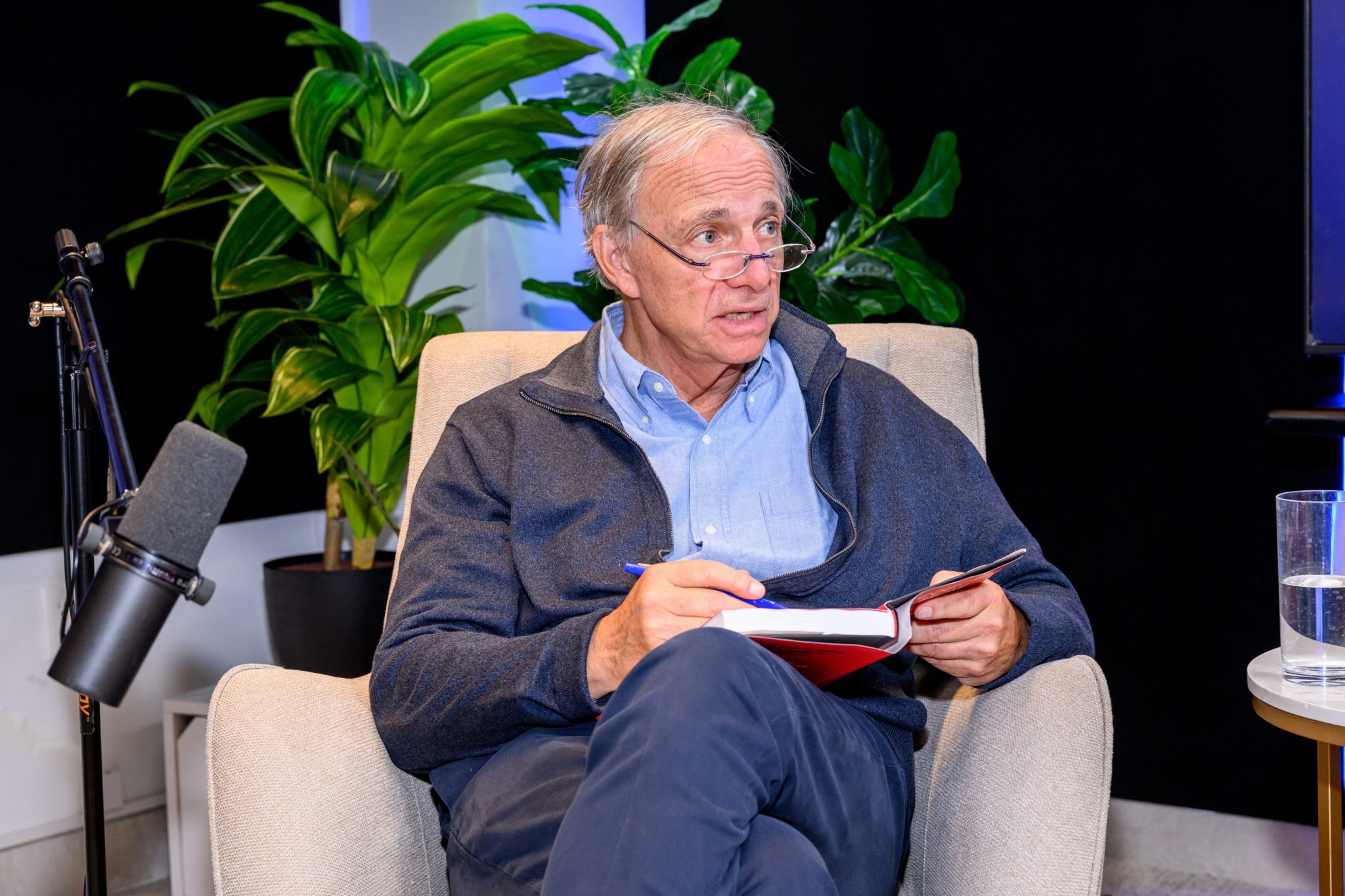The Transformation of the AI Landscape: Key Developments and Perspectives
Author: Tech Insights Team

In the ever-evolving landscape of technology, artificial intelligence (AI) continues to transform sectors across the globe. Recent initiatives reflect a growing recognition of AI’s potential to address significant challenges, especially in governance and the economy. Albania has made headlines by appointing an AI bot, named Diella, as a minister to combat corruption. This innovative step symbolizes a commitment to transparency and integrity in public procurement processes. With Diella at the helm, the government aims to leverage AI’s impartiality to shield decision-making from corruption.
Meanwhile, tech giants like Google are making strides toward enhancing application performance and monitoring through their integration of OpenTelemetry. Google Cloud’s incorporation of this standardized observability tool allows for more efficient collection of metrics, log data, and traces across various platforms. By adopting a vendor-agnostic approach to cloud technology, Google positions itself as a leader in facilitating AI-driven insights and effective cloud monitoring, which is becoming increasingly essential as businesses transition to digital architectures.

Albania's AI minister, Diella, stands as a beacon of hope against corruption.
A significant mark on the horizon of AI development comes from Anthropic, which has recently launched a Memory feature. This innovation allows AI systems to recall past interactions with users, thus enhancing personalization and user engagement. While initially available to paid teams, indications suggest that the feature might soon become accessible to a broader audience, including free users. This evolution underscores the competitive landscape of AI firms and reflects a trend towards advancing user experience through tailored interactions.
In the broader context of generative AI and its impact on labor markets, economist Ray Dalio has voiced concerns regarding the potential for significant wealth inequality stemming from advancements in AI technology. He highlights a future where a disproportionate share of wealth may accumulate among a small percentage of the population if robust policies for wealth redistribution are not implemented. His assertions raise critical questions about the impact of AI innovations on social equity and the necessary regulatory frameworks to ensure a fair distribution of resources.
Amidst these developments, corporate leadership changes also signal potential shifts in strategic direction for companies heavily invested in AI. Robby Walker, formerly Apple’s AI and search executive, is set to leave the company, raising questions about Apple's future AI strategy. Walker's departure comes at a time when Apple is under scrutiny for its pacing in AI advancements compared to competitors, prompting speculation about how the company's approach to AI might evolve following this leadership transition.

Google Cloud's OpenTelemetry integration streamlines observability process across cloud platforms.
On the international front, Grenadian entrepreneur Cory Zufelt's initiatives at the Intra-African Trade Fair IATF2025 highlight the need for digital solutions to support growth among micro, small, and medium enterprises (MSMEs). With millions of MSMEs in Nigeria alone, a small market penetration can yield substantial success. As the trade fair serves as a platform to promote digitalization, it emphasizes the role of technology in driving economic growth and addressing the operational challenges faced by these smaller businesses.
The complexity of the AI-driven economy is further illustrated by the shift in exclusivity agreements between OpenAI and major cloud providers. The transition to a 'preferred partnership' model suggests a significant reorientation of AI distribution strategies, providing a broader array of options for businesses when selecting cloud services. Such flexibility is critical as organizations increasingly rely on AI for workflow efficiencies and product development.
Overall, as we navigate through the dynamic landscape of AI and technology, it is evident that the convergence of policies, corporate strategies, and technological advancements will shape the future. From the initiatives designed to curb corruption to the economic implications of AI deployment, the discussions around artificial intelligence are vital as they resonate across various sectors worldwide. The pressing need for thoughtful leadership in the AI space remains paramount, as stakeholders work together to navigate the opportunities and challenges presented by this transformative technology.

Ray Dalio advocates for policies addressing wealth redistribution as AI technologies evolve.